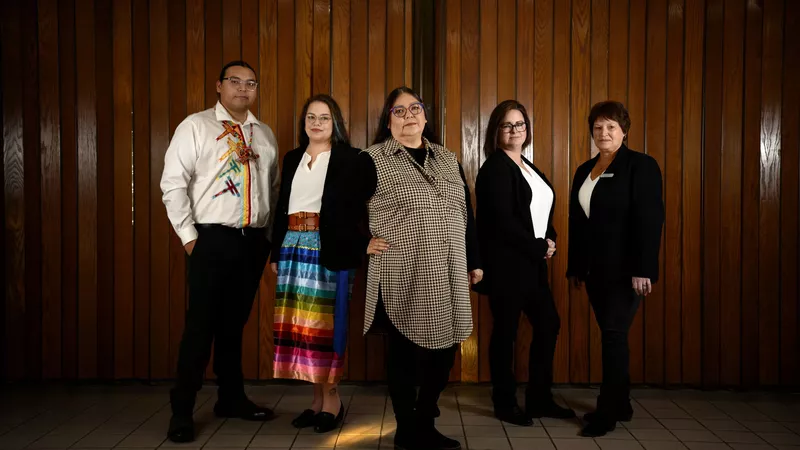
Measles count up to 6 in Saskatchewan
The latest case of the measles in Saskatchewan came from an unvaccinated adult who travelled from Mexico, and up through the United States. It brings the total number of cases in the province to six: three in the southwest, two in the southeast, and one in the northwest.
27 years ago, measles was eliminated in Canada.
That changed because of two factors: it was coming in sporadically from outside the country and more people stopped getting immunized.
“We need 95 per cent of the population at least to be immunized to have what we call a herd immunity,” said Dr. David Torr, with the Saskatchewan Health Authority.


